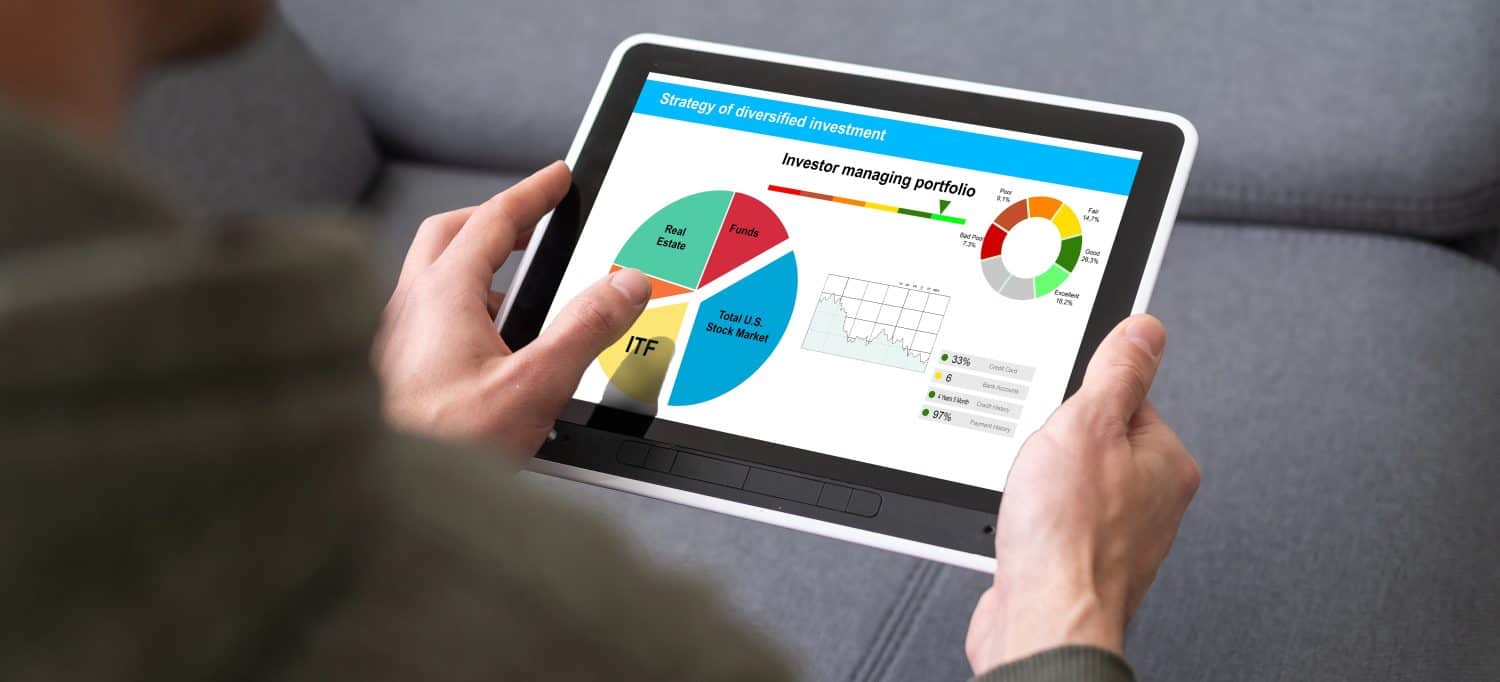Personal Finance
I'm 55 and close to retirement and curious what I should do with my 401(k) once I officially retire

Published:

The retirement journey is a long-term process. You have to save for many years before reaching your retirement goals, but what happens when your portfolio is large enough to retire?
A Redditor recently posted in the Financial Planning subreddit about how to adjust a portfolio after retiring. The Redditor is 55 years old and has done a good job of saving money over time. The Redditor wants to take less risk but also knows the portfolio has to grow at a sufficient rate to justify an annual 4% withdrawal.
I’ll share my thoughts, but it is always good to speak with a financial advisor if you can.
Most people’s risk tolerance decreases as they get older. Focusing on fixed-income instead of equities can make sense as you get older, but you shouldn’t rush to abandon stocks. Retiring early is possible, and may be easier than you think. Click here now to see if you’re ahead, or behind. (Sponsor)
Key Points

Each person has a different risk tolerance, and it’s good to start the conversation around how much risk the Redditor can handle. Some people happily put their money into the latest cryptocurrency, while others can’t think of straying away from their high-yield savings accounts.
The Redditor should consider how much risk they want to incur. Chances are the Redditor has some mutual funds or ETFs. Reviewing those funds can help you gauge which ones still align with your risk tolerance.
An investor should consider how long they can wait for their portfolio to recover from a correction. A more defensive portfolio would make sense in this scenario. However, if you still need to grow your portfolio to live your ideal retirement, it may make sense to keep some risk on the table.
The Redditor should also consider their other financial assets instead of the 401(k). Is their house paid off? What is the size of their 401(k), brokerage portfolio, and other accounts? These details make it easier to gauge how much risk is appropriate for the 401(k).

While the Redditor may want to take a less risky approach moving forward, it’s important to avoid making any drastic moves. Instead of swapping all of your index funds for high-yield bonds, you should decide on the proper percentages.
Some people subtract their age from 100 to determine how much to put in stocks and bonds. Using this rule, a 55-year-old would put 45% of their assets in stocks and 55% of their assets into bonds. Some people substitute 100 for 110 or 120 to increase their exposure to stocks.
As you get older, it makes sense to take a more conservative approach. A 70-year-old doesn’t need their money to last as long as a 55-year-old. As people get older, wealth preservation becomes more important than accumulating additional capital.

Target date index funds take all of the responsibility off the retiree’s shoulders. It’s good for people who prefer a hands-off approach with their investments, which gets more conservative as they get older.
The Vanguard Target Retirement 2050 Fund (MUTF:VFIFX) is one of the target date index funds available. This fund assumes that the investor wants to retire in 2050. As the target retirement date gets closer, the fund automatically sells stocks and buys bonds as the retirement age gets closer.
You can pick a fund with a 2040 target date to incur less risk. Meanwhile, a fund with a 2070 target date consists of more stocks than bonds.

One final question to ask yourself is if an annual 4% withdrawal from your 401(k) is enough to cover living expenses. Can you comfortably cover your living expenses, or do you have to operate on a razor-thin budget?
If you can live comfortably on 4% withdrawals, it may make sense to minimize your risk. However, the prices of products and services are bound to increase over time. Remaining invested in stocks for a few more years can provide a better cushion if the market continues to move up, but it’s important to assess your financial situation before deciding what to do.
Retirement can be daunting, but it doesn’t need to be.
Imagine having an expert in your corner to help you with your financial goals. Someone to help you determine if you’re ahead, behind, or right on track. With SmartAsset, that’s not just a dream—it’s reality. This free tool connects you with pre-screened financial advisors who work in your best interests. It’s quick, it’s easy, so take the leap today and start planning smarter!
Don’t waste another minute; get started right here and help your retirement dreams become a retirement reality.
Thank you for reading! Have some feedback for us?
Contact the 24/7 Wall St. editorial team.